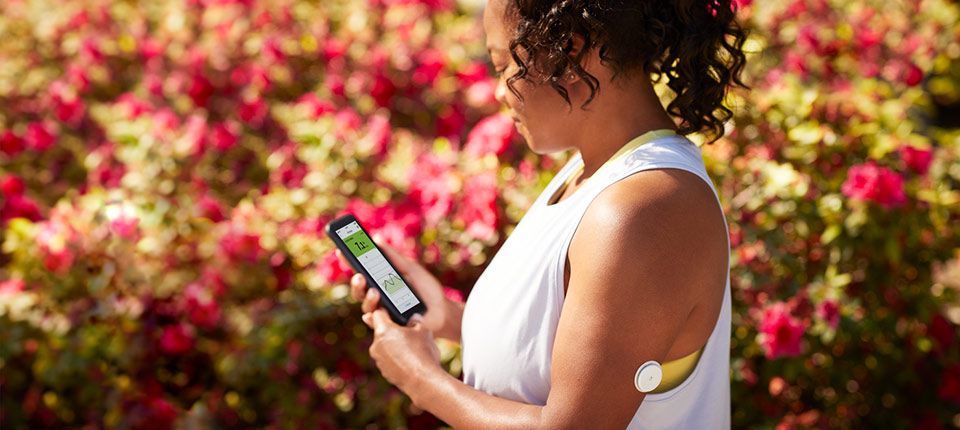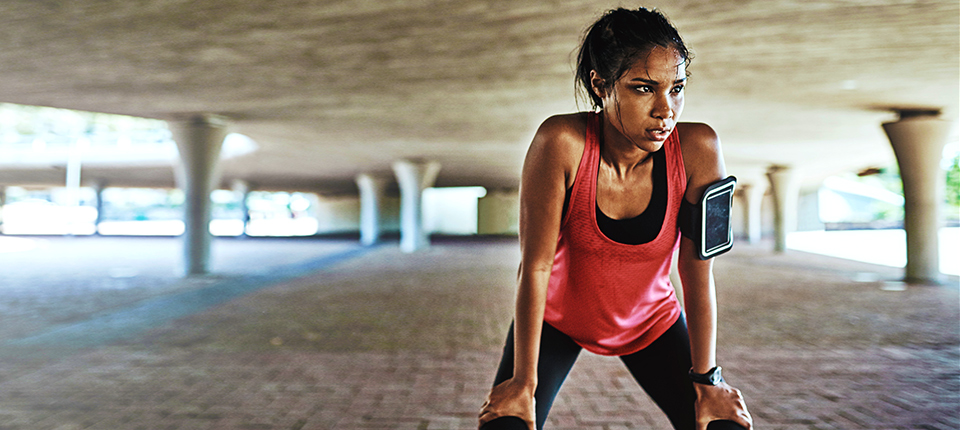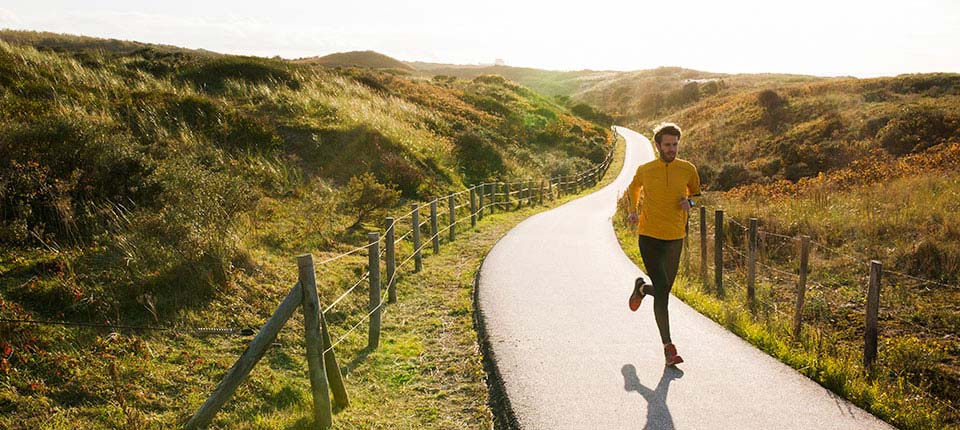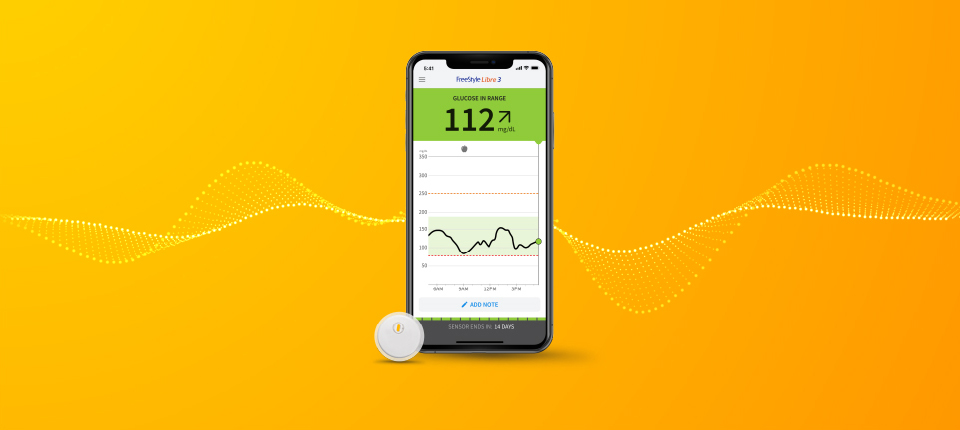Hydration is always a vital part of marathon training. But this year, with more runners training for the Abbott World Marathon Majors during the summer months due to pandemic-related race date changes, hydration will become even more important.
"Dehydration can happen relatively fast when you're training in the heat," said Jennifer Williams, MPH, a research scientist at Abbott who specializes in hydration.
After all, when the amount of fluids you lose via sweat (and other biological functions) exceeds how much you consume during training, dehydration becomes an issue. It can slow your pace, tire you out faster and put you at risk of heat exhaustion and stroke.
And water isn't the only thing your body loses as you sweat. It also secretes electrolytes like sodium, chloride and potassium, which help your body's muscle and nerve cells properly fire and function, along with some other minerals like calcium, magnesium and phosphate that are important for muscle support as well.
So, even if you're a seasoned marathoner with a lot of springtime races under your running belt, you'll likely need to adjust your hydration plan and pacing this year.
But don't sweat it. Williams shares how to tackle hydration during this extra-hot training season.
Let Your Body Acclimate
Giving your body time to get used to hot weather will help reduce your likelihood of getting dehydrated or experiencing heat exhaustion during future training runs.
Try to limit your indoor air-conditioned runs and spend more time outside. This will help your body adapt to the climate. To stay safe during the transition, keep track of your heart rate, listen to your body and gradually ramp up mileage and pace when you're running.
Also, prioritize electrolytes and fluids before and after your workouts. Apart from helping you stay hydrated, it will help your body adapt faster to hot temps, Williams said.
Take Advantage of Summer Produce
About 20% of your daily water intake comes from the foods you eat, Williams said.1 And some of the most hydrating foods include summer produce, such as strawberries, watermelon, grapes, mango, papaya and pineapple. (Bonus: they all pack immune-supporting antioxidants.)
Go in Extra Hydrated
Anywhere from 40% to 60% of athletes start their events already dehydrated, according to Williams.2,3,4
Don't be a statistic. "Check your urine color. If it's clear to light yellow, you're good to go," Williams said. If not, you need to drink more water before starting your workout.





FOLLOW ABBOTT